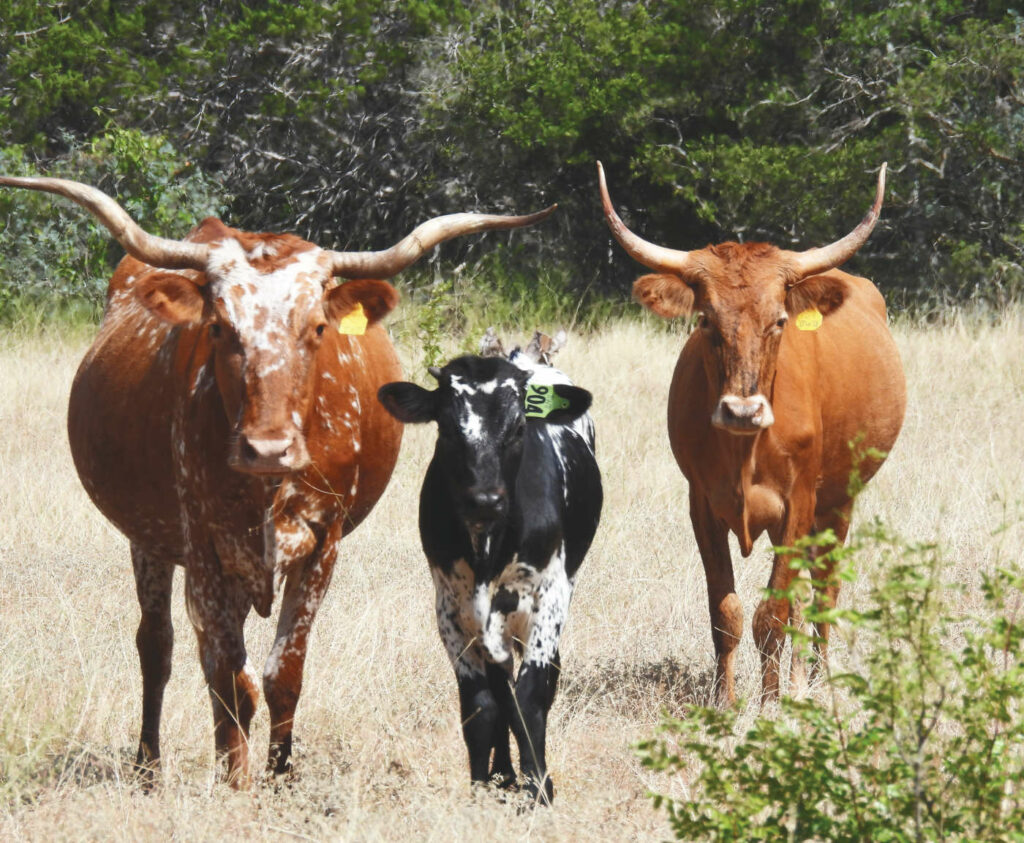
GUEST COLUMN
Knowing where your food comes from is important. So wouldn’t animal traceability be a good thing? Not when it’s a program designed by Big Agribusiness, with the costs burdening small farmers and ranchers who sell truly traceable local food.
In the early 2000s, the USDA developed a plan to require everyone who owned even one livestock or poultry animal to tag them with an electronic ID and report their movements. Large corporate operations could avoid the expense of such tags and simply use “group identification.” This regulation was originally slated to become mandatory in 2009.
A massive grassroots outcry forced the USDA to pull back, but the agency is now forging ahead. In May, the USDA mandated electronic ID tags for cattle crossing state lines—and explicitly stated that this is the start of a comprehensive “birth to death” tracking program.
“ Since implementation, Michigan lost 4,445 small cattle farms, while large-farm cattle population increased at five times the national rate. ” —Judith McGeary
Farmers like Debbie Davis of DWD Longhorns in Hondo, Texas, who raise grass-fed meat for their local community, are the biggest losers. Davis says, “As a small producer, we focus on conservation efforts that protect soil and water and increase biodiversity. e expense of electronic ID equipment cuts into our very slim profit margins. Big agricultural export markets are the ones who benefit, and the government should not be involved with imposing regulations that hurt small producers.”
Many fear that the financial burden (including an expensive electronic reader) could drive small ranchers out of business, further consolidating the agricultural industry into the hands of a few large corporations. This consolidation reduces competition, drives up prices for consumers, and undermines the diversity and resilience of the food system in our local communities.
We’ve already seen the harmful impacts in Michigan, the only state with mandatory EID. Since implementation, Michigan lost 4,445 small cattle farms, while the large-farm cattle population increased at five times the national rate.
YOU CAN HELP OUR FARMERS!
Legislators have three proposed measures that prohibit requirements for electronic animal ID tagging. Call your U.S. representatives and senators (Capitol Switchboard 202-224-3121) and urge them to pass all three: S.B. 4282, Senate Joint Resolution 98, and House Joint Resolution 167.
Make a difference and stay informed. Sign up for Action Alerts at FarmandRanchFreedom.org.
THE FARM AND RANCH FREEDOM ALLIANCE(FARFA)
This Texas-based nonprofit advocates for common-sense policies for small farmers and local, diversified food systems, and is encouraging farmers and consumers to make their voices heard in this process.
Judith McGeary is the Founder and Executive Director of the Farm and Ranch Freedom Alliance (FARFA).
- Judith McGearyhttps://www.edibledfw.com/author/judithmcgeary/
- Judith McGearyhttps://www.edibledfw.com/author/judithmcgeary/










